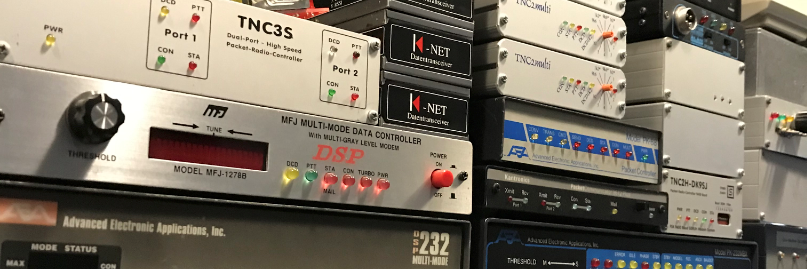Mail of Brian Webster N2KGC – President EastNet Amateur Radio Network
It is with great sadness that I pass along the news that Brian Rogers N1URO
is now a silent key. He passed on Tuesday evening January 4th, 2022.
Brian was the author of the URONode packet radio software and past president
of the Eastnet Amateur Radio Network (https://www.eastnetpacket.org/). He
was an avid packet user and contributor to various software packages, not
just his own. He was also the AmprNet coordinator for the states of MA, NH,
VT, PA, MD, DE, CT, RI and ME.
Professionally his was an IT consultant and ran his company Network
Continuum Connecticut (https://www.nc-ct.net/)
He was a mentor to many who wanted to operate packet nodes or set up an
apmr.org station. He had a broad knowledge of many other node operating
systems, keeping nodes of all types running at his QTH. He was a wealth of
detailed knowledge and will be missed immensely.
Side Note
This is very sad news. I have been in regular contact with him over the
years. He was always willing to help you with packet/amprnet related
things. He always had his own opinion on certain things, and he
couldn’t be changed. I didn’t always appreciate this. He will be
missed, packet land is a bit more empty.
Till next time.
N1URO to PI1LAP ttl 25 cct=01F0 <DISC REQ>
04:55:35T PI1LAP>N1URO Port=7 <RR R F R5>
04:55:35T PI1LAP>N1URO Port=7 <I C P S7 R5> NET/ROM
PI1LAP to N1URO ttl 25 cct=035D <DISC ACK>
73 Niels PD9Q



